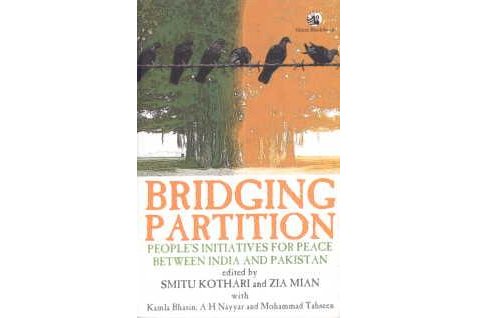On his first day in office, President Barack Obama promised that he would close the Bush-era prison at Guantanamo Bay, Cuba, “as soon as practicable” and “no later than one year from the date of this order.” By now, it’s painfully obvious that the rejoicing, like the president’s can-do optimism, (…)

